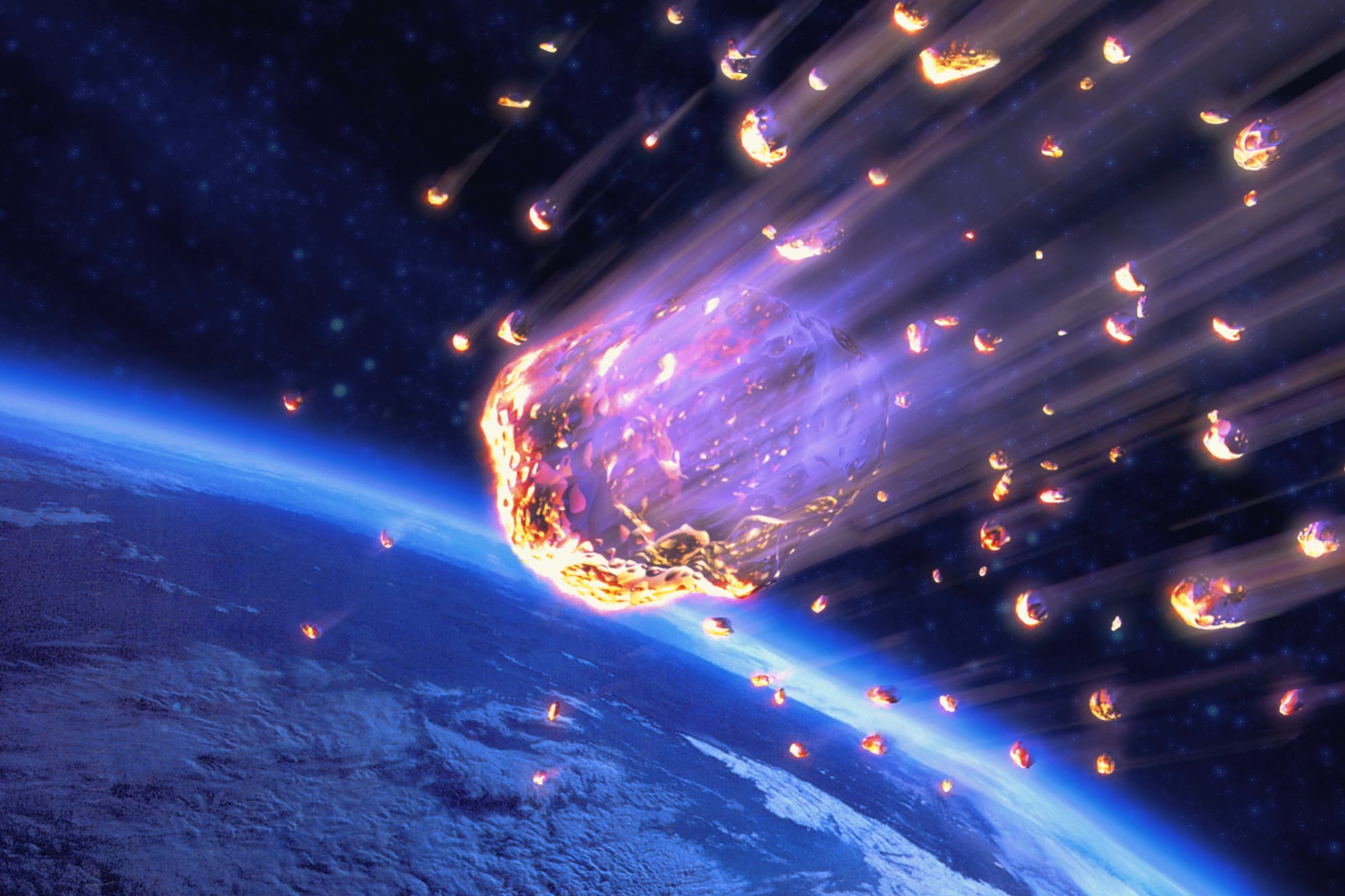Threat to earth posed by meteors must be taken seriously, NASA warns

Adastra | Taxi | Getty Images
Meteors that could destroy an entire U.S. state are a real threat to the earth, NASA's chief warned on Monday.
Speaking at the Planetary Defense Conference in Washington, D.C., NASA Administrator Jim Bridenstine warned that the risk posed by meteor crashes was not being taken seriously.
"This is not about Hollywood, this is not about movies, this is about ultimately protecting the only planet we know right now to host life," he said.
Bridenstine pointed to the meteorite that exploded over the Russian city of Chelyabinsk in 2013, which had "30 times the energy of the atomic bomb at Hiroshima" and injured around 1,500 people. Just 16 hours after the crash, NASA detected an even larger object that approached the earth but did not land on it, he revealed.
"I wish I could tell you that these events are exceptionally unique, but they are not," Bridenstine said. "These events are not rare – they happen. It's up to us to make sure that we are characterizing, detecting, tracking all of the near-earth objects that could be a threat to the world."
According to scientific modelling systems, such events are expected to happen once every 60 years – but Bridenstine pointed out that destructive meteorites had crashed on the earth three times in the last century.
In 2018, the White House published an action plan that required NASA to detect, track and characterize 90% of near-earth objects measuring 140 meters (460 feet) in diameter – but Bridenstine admitted on Monday that the space agency had a long way to go to meet that goal.
"We're only about a third of the way there," he said. "We want more international partners that can join us in this effort. We want more systems on the face of the earth that can detect and track these objects, and we want to be able to feed all of that data into one single operating system so that ultimately, we have the best, most accurate data that we can possibly get."
Bridenstine warned that failing to invest in such a network could have catastrophic consequences.
"(At 140 meters) it's big enough to destroy a state in the United States of America," he said. "It's big enough to destroy an entire European country."
"We know for a fact that the dinosaurs did not have a space program," he added. "But we do, and we need to use it."
Earlier this month, NASA awarded a contract to Elon Musk's SpaceX that will see the company provide launch services for the agency's Double Asteroid Redirection Test (DART) mission. The $69 million mission, expected to launch in 2021, will test the earth's capability of deflecting an asteroid by colliding a spacecraft with it at high speed.
Read More












No comments